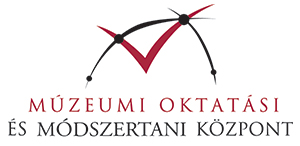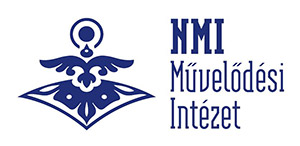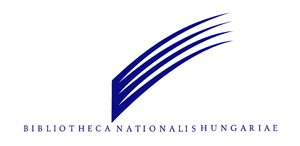Acting Communities – Active Community Involvement
EFOP-1.3.1-15-2016-00001
Project Promoter (Leader of the Consortium):
Hungarian Open Air Museum – Museum Education and Methodology Centre (Hungarian abbreviation: SZNM-MOKK)
Consortium Members:
- National Institute for Culture Non-profit Ltd. (Hungarian abbreviation: NMI)
- National Széchényi Library (Hungarian abbreviation: OSZK)
Comprehensive Goals
We would like to increase the social activity and community engagement of the local citizens, furthermore, we want to improve the cooperation of the local governments, cultural institutions with the civil population of the countryside in order to ameliorate the culture of collaboration.
Aims of the Project
With the special means of cultural institutions, we give continuous professional and methodological assistance to the cultural institutes and/or civil organizations of settlements in order to foster the social cohesion and community development.
Elements of the Project
Preparation: feasibility study, public procurement procedure, legal procedure
Project Management: 1 project manager, 1 chief financial officer, 1 project assistant
Professional Implementation:
- Improving an online management information and monitoring system;
- Elaborating the cultural institutions’ selection criteria;
- Drawing up methodological improvements;
- Trainings for the cultural community developer mentors;
- Organizing and operating the cultural community developer mentors’ network;
- Improving the cooperation of cultural institutions;
- Developing an online application, based on the idea of gamification;
- Organizing field trips and professional workshops;
- Preparing cultural institutions for participatory operation;
- Sensitizing the representatives of the settlements;
- Monitoring, researching and developing;
- Communication and dissemination;
Horizontal Activities: we keep the horizontal demands and all the environmental and equal opportunity requirements.
Information, Publicity: We meet our informational and publicity commitments.
Budget of the Project: EFOP 1. Financial support of the priority project (100%): 3 billion HUF (gross)
Scheduling of the Project:
Start of the realization: 16 September 2016
Planned closure: 15 September 2019
Results of the Project
Indicator:
360 local communities attended by mentors
Planned Professional Results:
- Spreading methodological developments in 360 settlements or parts of settlements;
- Linking 72 community developer mentors – members of the mentors’ network – with settlements or parts of settlements;
- Convincing 54 cultural institutions to introduce the participatory operational method;
- Educating 420 professionals of cultural institutions in different kind of community development trainings.
About Us
The Mentors’ Network
The mentors’ network – originally 62 trained professionals, the number of whom was latter increased – is the pillar or engine of the Acting Communities priority project. They foster their communities on the spot in order to maintain their initiatives in the long-term.
How can they Help?
The cultural community developers’ mentor network – which contains territorially organized groups of 3-5 mentors in every county except Pest and the capital – gives professional and methodological support for those settlements, communities and cultural institutions which won support at the tender of the Territorial and Settlement Development Operative Program (Hungarian abbreviation: TOP).
The mentors are supposed to
- improve community development of the settlements;
- share and promote completed good practices and methodological developments of the project;
- help the communities to discover and exploit their strengths;
- initiate and follow-up cooperation based on partnership and
- inform continuously local governments, civil societies, communities and thereby the local citizens about the project.
Who are the Mentors?
The mentors’ backgrounds are different: most of them have a degree in community development, community education, museology, librarianship, pedagogy or social work, they are all experienced professionals of the world of cultural institutions, civil organizations or business. The mentors are committed to help communities, have experiences in the field of community development and have their own broad network. To improve their knowledge, they regularly take part in workshops, trainings and lectures; beside the continuous learning they can share their experiences. Though the mentors can reach the communities through their county mentor offices, they also work on the spot directly with the communities.
The mentors’ network must reach at least 360 settlements which would participate in the project. By putting the target through, the a tenth of the Hungarian settlements would be reached by the community development process.




